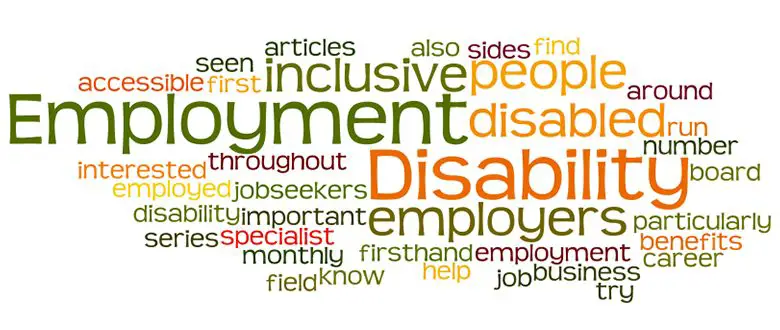
Disability and employment: planning your career
Jane Hatton, who manages Evenbreak, a not-for-profit job board run by disabled people for disabled people, publishes her monthly article on the subject of employment and diversity.
#DHgurus
In a difficult economic climate, ‘planning’ a career may seem like a futile activity. And a fixed, inflexible plan would certainly do you no favours. But that doesn’t mean we can’t have short term goals and an eye to the future.
In some respects, being disabled gives us fewer options than other people. So we need to put extra effort into finding as many options as possible. A good place to start is with ourselves. What do we like doing? What are we good at? Often these two things are similar.
Carry out an audit on what you have to offer – a list of ALL your qualities, skills, experiences, talents, knowledge and abilities. Don’t forget to include personality traits. Are you a people person? A details person? A problem solver? Ask other people you know to tell you what they think you are good at. Then have a look at all of these strengths, and see what types of job you would be suitable for. Think as widely as possible, and be prepared for some surprises!
It’s worth remembering that the world of work is constantly changing. When I was at school, no-one used computers. Mobile phones hadn’t been invented. Even ten years ago, no-one was interested in social media. New jobs and careers are emerging all the time with the rise in technology. Technological advances also mean that more jobs are accessible – some can be done remotely, from home. Some can use assistive technology (e.g. voice activation). So that even jobs which may not have been possible some years ago, now become possible. In five years time, jobs will exist that we haven’t even dreamt of yet.
So, looking at your personal “audit”, think about the kind of work that interests you, or excites you. What would you need to do to move further towards a career in that field? Voluntary experience? A qualification? Home study is more widely available than ever, and colleges are becoming increasingly accessible. Do you know anyone who works in that field who could give you some pointers or suggest who you might talk to?
Flexibility is the key. Few people stay in the same profession throughout their working life these days. They may mix periods of employment with periods of self-employment or freelance work. They may start one business, and then move to another. Keeping an eye on opportunities is a good idea – sometimes unexpected opportunities arise for gaining additional experience, or moving into a different sector.
One way of being aware of opportunities is through networking. This used to be restricted to face-to-face networking meetings, but now much more networking is done online. LinkedIn is a great site for making contact with people who might be useful to you (and for being found by recruiters!).
There are some really good career coaches around (and also some not so good ones). If this is something that interests you, make sure the coach understands disability (there are a number of excellent disabled career coaches around) otherwise you will spend a lot of time explaining the realities of your life to them.
Finally, a career path doesn’t have to be a straight line. It is easier to apply from a job than from being unemployed, so it may be worth looking for any job that you can currently do, whilst thinking about the next step in your career.
By Jane Hatton
Get in touch by messaging us on Facebook, tweeting us @DHorizons, emailing us at editor@disabilityhorizons.com or leaving your comments below.